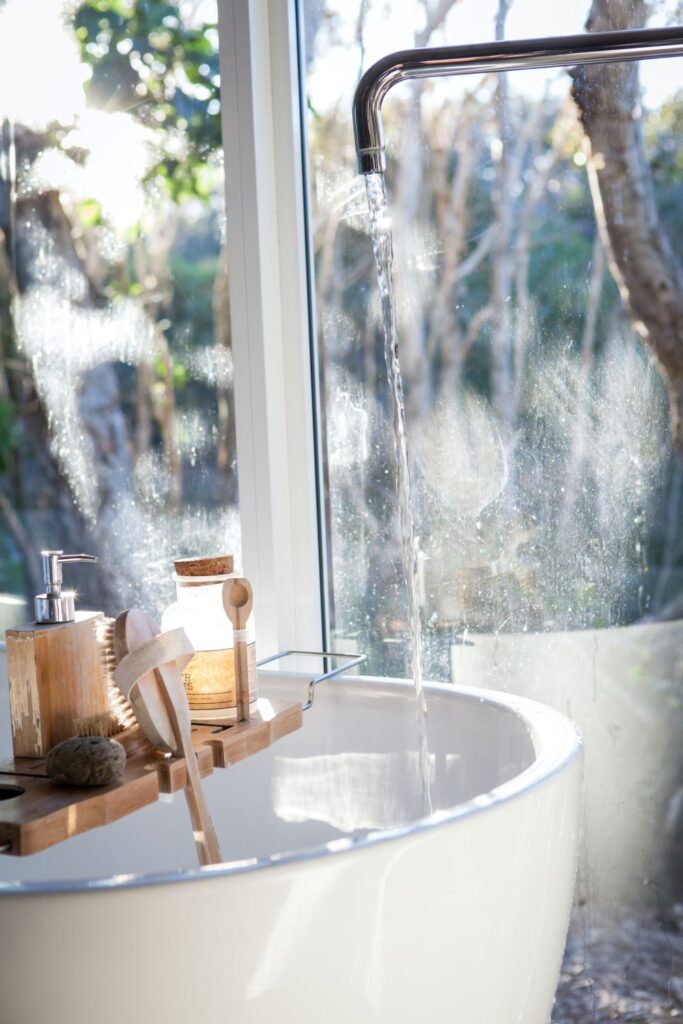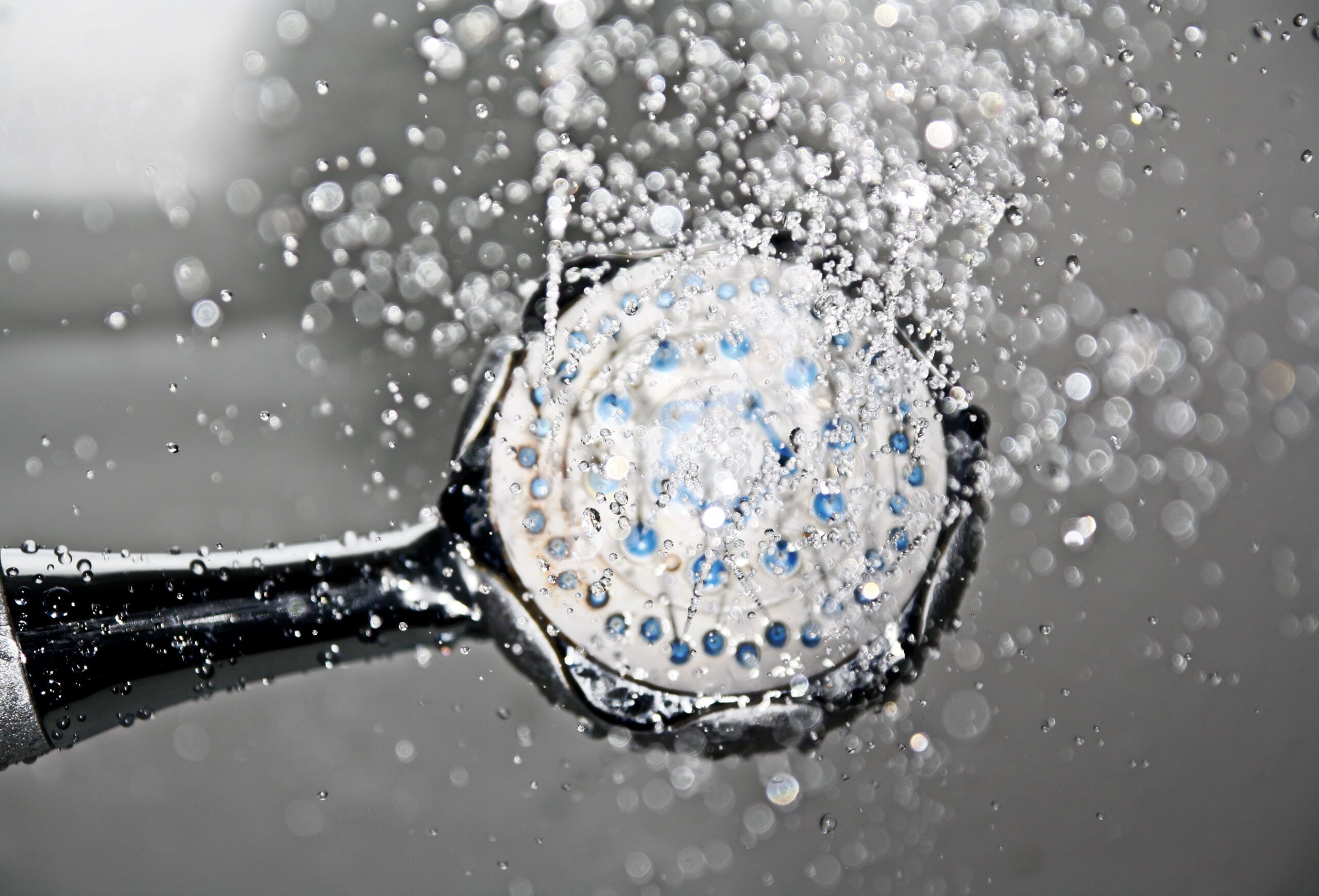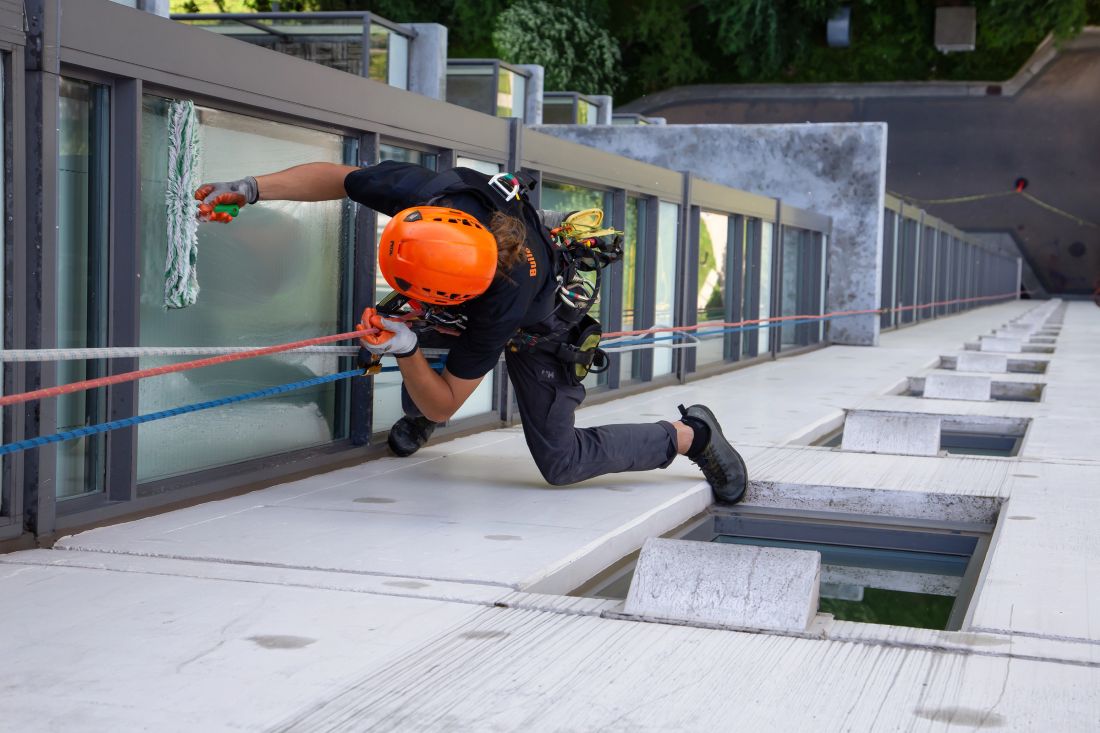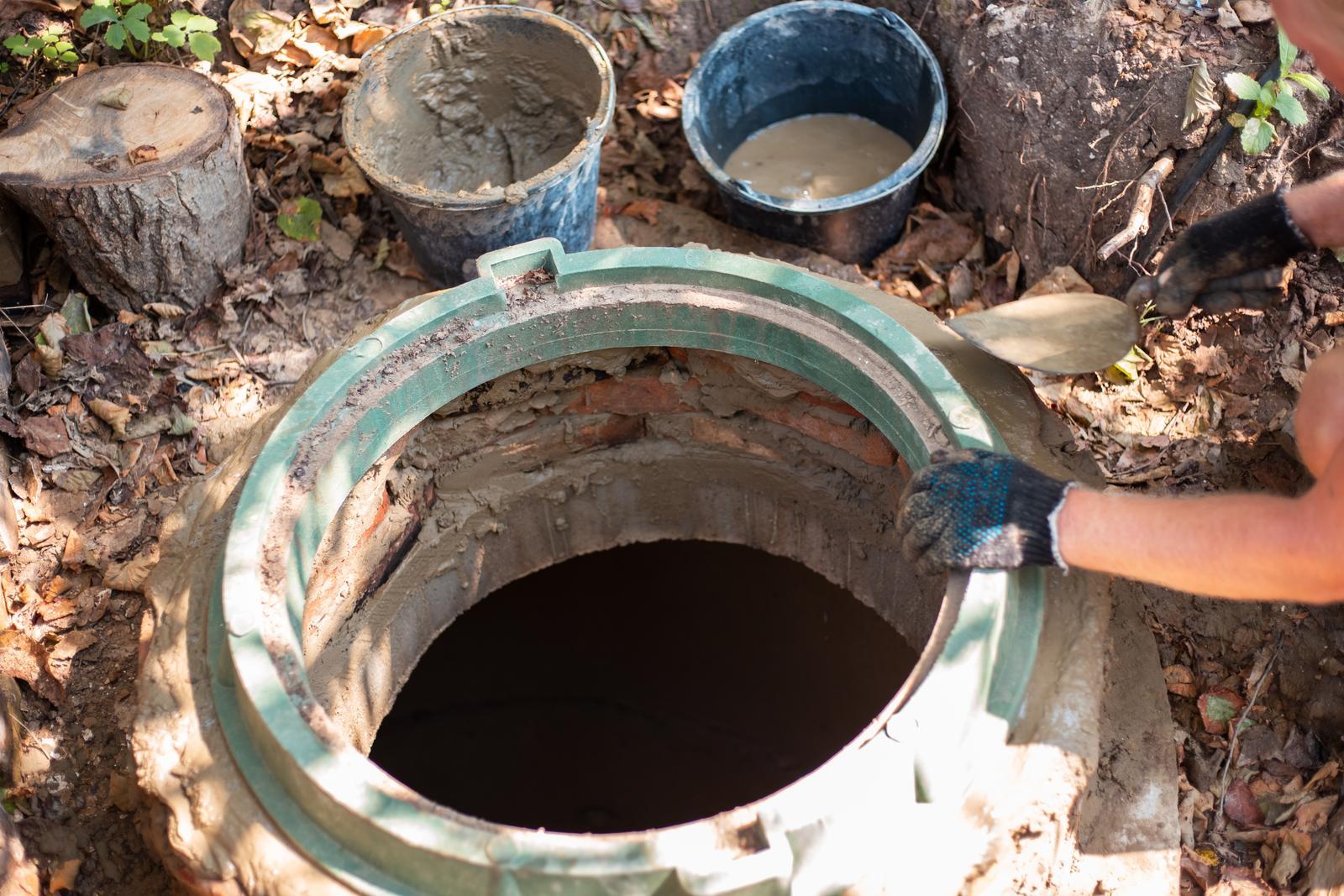Ensuring consistent hot water pressure in your Wellington home is essential for everyday comfort and functionality. Whether you’re dealing with a dribbling shower or inconsistent tap flows, understanding how to effectively test hot water pressure can help you diagnose problems early and maintain a reliable plumbing system.
This guide will walk you through everything you need to know about hot water pressure testing in the context of Wellington’s unique residential landscape.
Understanding Hot Water Pressure in Wellington Homes
The Importance of Consistent Hot Water Pressure
Consistent hot water pressure is vital for efficient appliance use, comfortable showers, and general household convenience. Low or fluctuating pressure can result in longer water heating times, higher energy bills, and dissatisfaction with basic water usage. In extreme cases, it can even signal deeper plumbing issues that require immediate attention.
Factors That Influence Water Pressure in Wellington Properties
Wellington’s topography, varied housing ages, and municipal water systems all contribute to differences in water pressure. Homes located in elevated areas may naturally experience lower pressure due to gravitational pull, while older properties often rely on outdated low-pressure hot water cylinders. Local infrastructure and street-side water mains can also impact individual household pressure levels.
Typical Signs of Low or Fluctuating Hot Water Pressure
If you notice slow-filling bathtubs, weak shower sprays, or inconsistent hot water delivery, these may be indicators of a pressure issue. Appliances such as dishwashers and washing machines might also perform less efficiently, taking longer to complete cycles or failing to operate optimally.
Tools and Equipment Needed to Test Hot Water Pressure
Pressure Gauge Kits and Digital Testers
To test hot water pressure accurately, you’ll need a water pressure gauge. These can be either analogue or digital and are designed to attach to a standard hose bib or tap. Most kits include adapters to fit various fixtures. Choose a gauge that can read up to 1000 kPa as this range will cover typical residential needs in Wellington.
Safety Gear and Preparation Essentials
Always wear protective gloves and ensure the testing area is dry to avoid slipping hazards. Have towels and a bucket on hand to manage any unexpected leaks. Before beginning, ensure that no other taps or appliances are in use, as simultaneous water usage can distort test results.
Where to Buy or Rent Pressure Testing Equipment in Wellington
Pressure gauges and kits can be purchased from local hardware stores like Mitre 10 or Bunnings. Alternatively, plumbing supply shops and equipment hire centres throughout Wellington offer rental options for one-off testing needs.

Step-by-Step Guide to Testing Hot Water Pressure
Locating the Appropriate Tap or Valve for Testing
Choose a tap close to the hot water cylinder or main hot water source. This reduces interference from pipe bends and other variables that might skew readings. Laundry taps or outdoor garden taps connected to the hot water system, if available, are ideal.
How to Attach and Read a Water Pressure Gauge
Secure the pressure gauge to the tap and turn it on fully. Allow the water to flow for about 30 seconds before taking a reading. The gauge will display the pressure in kilopascals kPa. Standard residential hot water pressure in Wellington typically ranges between 300–500 kPa.
Interpreting Results: What’s Considered Normal in Wellington Homes
If your reading falls below 250 kPa, you may be experiencing low pressure. Readings above 600 kPa could indicate high pressure, which might lead to long-term damage if unregulated. Note that properties with mains pressure systems will generally have higher readings than those with low-pressure cylinders.
Comparing Hot vs. Cold Water Pressure Readings
Why Comparing Both Is Crucial for Accurate Diagnosis
Testing both hot and cold-water pressure can help pinpoint the source of any discrepancies. If your cold-water pressure is strong but your hot water is weak, the issue likely lies within the hot water system rather than the municipal supply.
Identifying If the Issue Is Isolated to the Hot Water System
Consistently low hot water pressure across multiple fixtures but strong cold-water flow usually indicates a problem with the hot water cylinder, valves, or heating elements. In such cases, further inspection or professional assessment is recommended.
Common Causes of Poor Hot Water Pressure in Wellington
Ageing or Poorly Maintained Hot Water Cylinders
Older hot water cylinders often deliver low pressure due to their design limitations. Over time, sediment buildup or wear and tear can further reduce performance. Replacing these with modern mains pressure systems can dramatically improve water delivery.
Valve and Pipe Blockages
Mineral deposits, rust, and debris can accumulate in pipes and valves, obstructing water flow. This is particularly common in Wellington areas with hard water. Regular maintenance and periodic flushing can help prevent blockages.
Municipal Supply Issues and Localised Infrastructure Problems
Occasionally, low hot water pressure might result from issues with Wellington’s water mains or supply infrastructure. Scheduled maintenance, water main breaks, or pressure regulation changes by the city can affect multiple households at once.
What to Do After Testing Your Hot Water Pressure
When to Call a Professional Plumber in Wellington
If your test results reveal pressure outside the normal range and you cannot identify a simple cause, it’s time to consult a qualified plumber. Professionals can perform in depth diagnostics, check for hidden leaks, and recommend system upgrades or repairs.
DIY Fixes vs. Professional Intervention
Basic issues like blocked aerators or minor valve adjustments can be handled by a confident DIYer. However, more complex problems, especially those involving cylinders, structural plumbing, or code compliance, are best left to licensed professionals.
Long-Term Solutions to Maintain Healthy Water Pressure
Consider installing a pressure-reducing valve PRV or upgrading to a mains pressure hot water system. Regular inspections and prompt attention to any signs of pressure loss can help maintain your home’s plumbing health over the long term.
Final Thoughts on Testing Hot Water Pressure in Wellington
Testing your hot water pressure in Wellington is a straightforward process that can uncover a range of potential issues. With the right tools and a bit of knowledge, homeowners can take proactive steps toward maintaining an efficient and comfortable plumbing system.
Whether you’re dealing with an ageing cylinder or planning a renovation, regular pressure checks should be part of your home maintenance routine. Staying informed and acting early can save time, money, and hassle in the long run.


